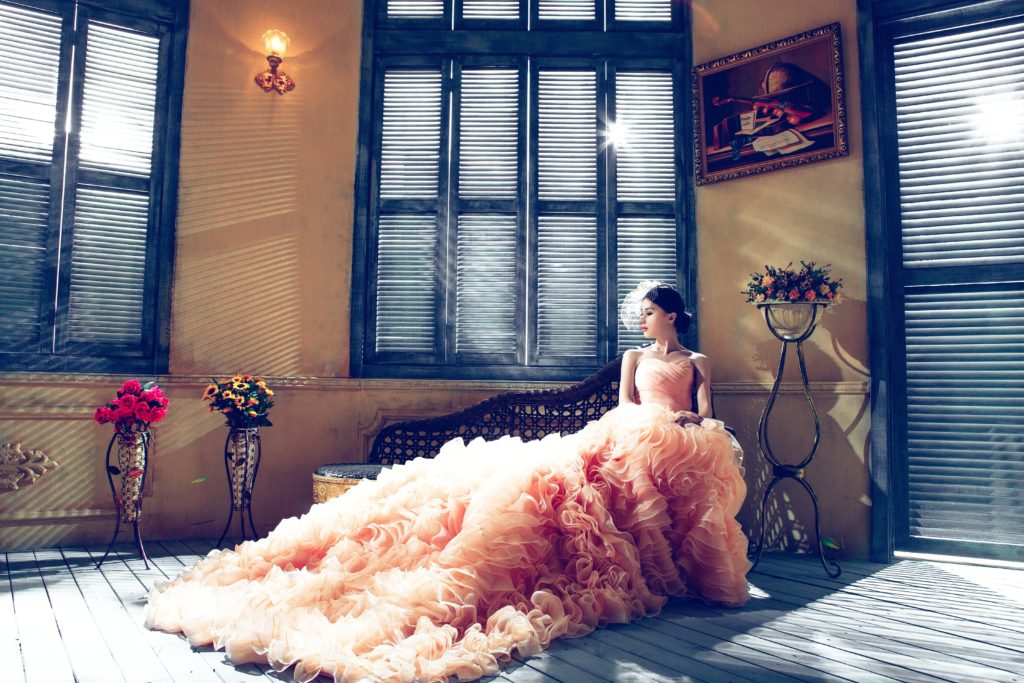Even if you weren’t glued to the TV to watch the wedding of Meghan Markle and Prince Harry, even if you managed to avoid the hype in the months before it and even if you don’t buy into the fairy-tale wedding thing — and this is certainly a real-life “my prince has come” story — it’s hard to escape the ending so many fairy-tales — and weddings — promote: “and they lived happily ever after.” 
Living happily ever after doesn’t always work out even for real princesses — certainly not Princess Di among other royals. But the real problem with fairy-tale weddings is that they always suggest happily-ever-after endings but they never show how to make that happen. It just ends at the blissful wedding; what everyone really wants to know is, how do you get from that moment to a happily-ever-after marriage?
And that’s confusing.
Even rom-coms end when the guy gets the girl (or the girl gets the girl or the guy gets the guy). Are they going to work out? What kind of a relationship will they have? Who knows?
Looking for a guarantee
That’s what Mandy Len Catron writes in her book How to Fall in Love With Anyone — that the promise of happily-ever-after “ignores the day-to-day reality of negotiation and commitment that defines long-term love.”
In her first TED talk, Catron recounts how, after her Modern Love article, “To Fall in Love With Anyone, Do This,” went viral, everyone wanted to know if she was still with the partner she’d fallen in love with (and he with her) after doing the 36 questions that (may) lead to love. What she realized was that people were looking for a way to be inoculated from hurt; they wanted what she (initially) wanted — a guarantee:
What I want from love is a guarantee. Not that I am just loved today and that I will be loved tomorrow, but that I will be continued to be loved by the person I love indefinitely.”
Except there are no guarantees — in love or anything else, really, except death. Death’s a given. Which is why Catron ended that Modern Love essay by saying this: “Love didn’t happen to us. We’re in love because we each made the choice to be.”
And it’s a choice you either continue to make or not. Every day.
At midlife, a ‘yearning to stop’
Still, let’s say you continue to make the choice to love. Let’s say you’ve done all the right things from the get-go, you follow the happily-ever-after path, the romantic trajectory, we’re told to follow or that we think we should follow — you fall in love, marry, pop out kids … and you still end up at some point not quite happily-ever-after and wondering what the hell happened? What then?
That’s what Claire Dederer’s newest memoir, Love and Trouble, which explores midlife angst, addresses so beautifully. As she writes:
You and your husband’s love for each other is based on profound reciprocity: What can you do for me? What can I do for you? This is considered a healthy marriage; you think about each other’s needs. You cover the bases. He does money; you do food. Like that. The two of you pass the big tests: You still talk; you still fuck. But sometimes you ruefully recall Ethan Hawke’s character in Before Sunset, when he describes his marriage: “I feel like I’m running a small nursery with someone I used to date.” You resent the fact that you’ve been forced to relate to Ethan Hawke. Of all people. And anyway of course it’s worth it. Your family isn’t some kind of chore, or even some kind of mere consolation, though it’s both those things as well. It’s the whole deal, the great love, the thing in this life that was supposed to happen to you. Even so, your family members certainly require a lot of work. From you. And so sometimes you wish you could be loved just for being. You find yourself yearning to stop.
Is this what happily-ever-after looks like? Maybe. You can love your spouse, have a reasonably happy marriage, appreciate all you have and still feel like something is missing, like you want something different, like you hunger for something — anything — to bring you alive again. Can that hunger be sated in your marriage?
No one has your secret to a happy relationship
I have no doubt some couples have happily-ever-after lives — maybe not on a day-to-day basis, but as an overall experience (maybe you have to wait 20 years, probably when the kids leave). But even those couples, with whatever “secrets” they have to share about having a happy marriage, won’t be able to help you achieve that in your own relationship; no one has your secret to a happy relationship (although there are some things all of us can do that just seem right). You can be the best person you can be and still be unable to lock down that happily-ever-after thing.
With enough creativity, planning and money, you can certainly be a princess for a day and have a fairy-tale wedding if that’s what you desire (and nowadays they’re more likely to take place in a barn than a castle). But that happily-ever-after thing? You’re just not going to be able to be all princess about it and expect that others will have the answers for you. They won’t. Or that it’s guaranteed. It’s not. That said, all fairy tales offer lessons; maybe that’s the best we can hope for.
Want to individualize your happily-ever-after marriage? (Of course you do!) Then read The New I Do: Reshaping Marriage for Skeptics, Realists and Rebels (Seal Press). You can support your local indie bookstore or order it on Amazon.
Like this? You might enjoy:
Cinderella and the promise of happily ever after
















